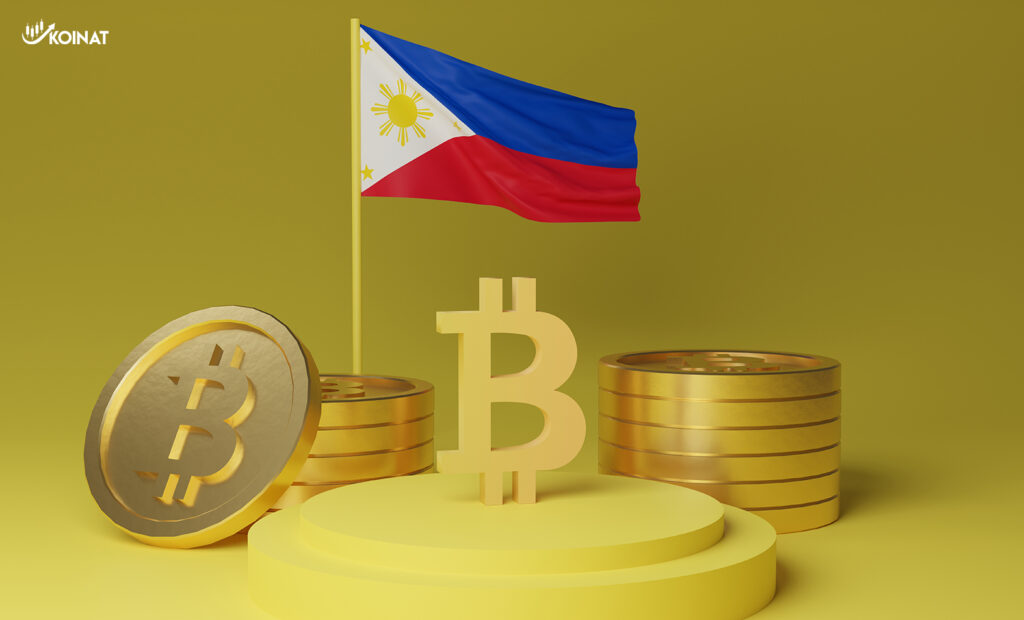
The Philippines has intensified its pressure on cryptocurrency exchange Binance. The Philippines Securities and Exchange Commission (SEC) announced plans to block access to Binance within the country, effectively implementing a ban due to the exchange’s lack of a license.
Philippines SEC Cracks Down on Unlicensed Activity
The SEC accuses Binance of offering investment and trading opportunities to Filipinos without proper authorization. In March 2024, they formally requested the National Telecommunication Commission (NTC) to restrict access to Binance’s website, apps, and related web pages.
The SEC has also taken aim at Binance’s marketing efforts. They’ve requested Google and Meta to block all advertisements promoting the exchange in the Philippines. The SEC emphasizes that Binance’s unlicensed operations violate Republic Act No. 8799, the Philippines’ Securities Regulation Code.
Three-Month Grace Period for Filipino Investors
The ban is expected to take full effect within three months, allowing Filipino investors time to close their positions on Binance. The SEC Chair, Emilio B. Aquino, expressed concern about the potential security risks Filipino investors face by accessing Binance.
This move follows a warning issued to Binance in November 2023. It also serves as a warning to other unregulated exchanges operating in the Philippines, highlighting the importance of adhering to local regulations.
Binance’s Global Regulatory Challenges
The Philippines’ actions are part of a broader trend of increased scrutiny towards Binance. In 2023, the exchange faced charges from the US Commodity Futures Trading Commission (CFTC) for allegedly operating an illegal derivatives exchange. The US Securities and Exchange Commission (SEC) also filed charges related to unregistered securities offerings.
In November 2023, Binance and former CEO Changpeng Zhao (CZ) reached a settlement with US authorities, pleading guilty to anti-money laundering violations and unlicensed money transmission. CZ resigned as CEO as part of the agreement.
The CFTC ordered Binance to pay $2.7 billion and CZ to pay $150 million to settle the charges. CZ currently awaits sentencing on money laundering accusations.
Binance’s future remains uncertain as it navigates regulatory hurdles worldwide. The Philippines’ ban serves as a reminder of the importance of compliance for cryptocurrency exchanges. Whether Binance can adapt and gain necessary licenses, or continue to face regulatory battles, remains to be seen.
This information is not legal advice. Do your own research before making any decisions. Only invest what you can afford to lose and seek independent financial advice if needed. Understand the risks involved before purchasing any cryptoasset
